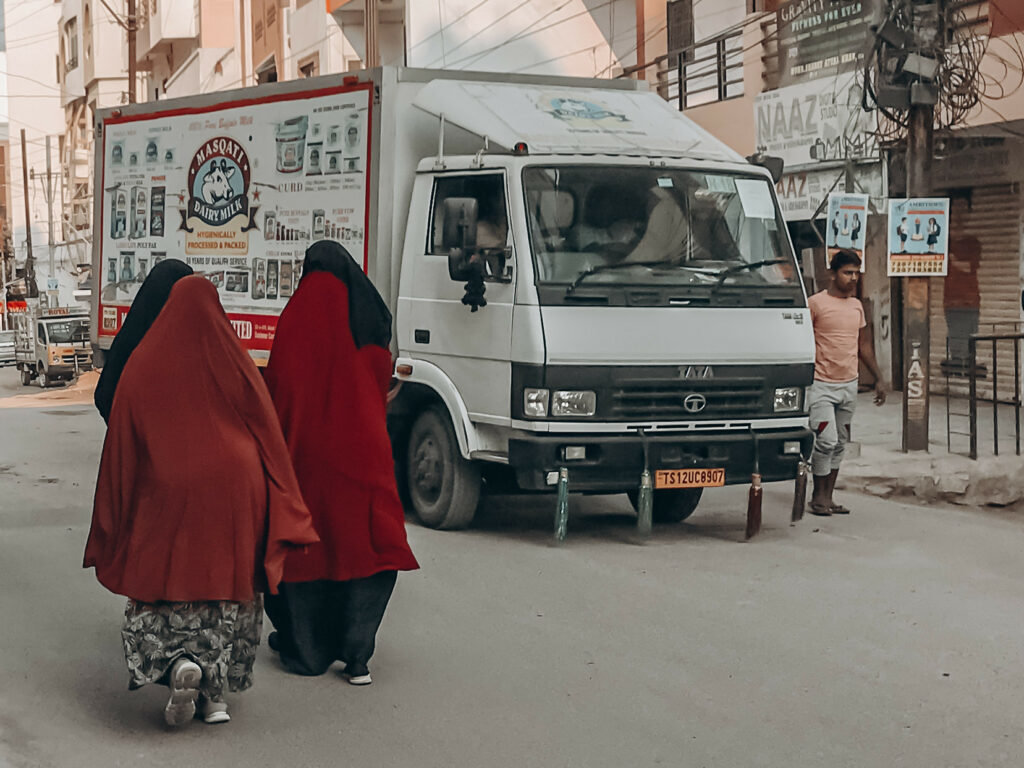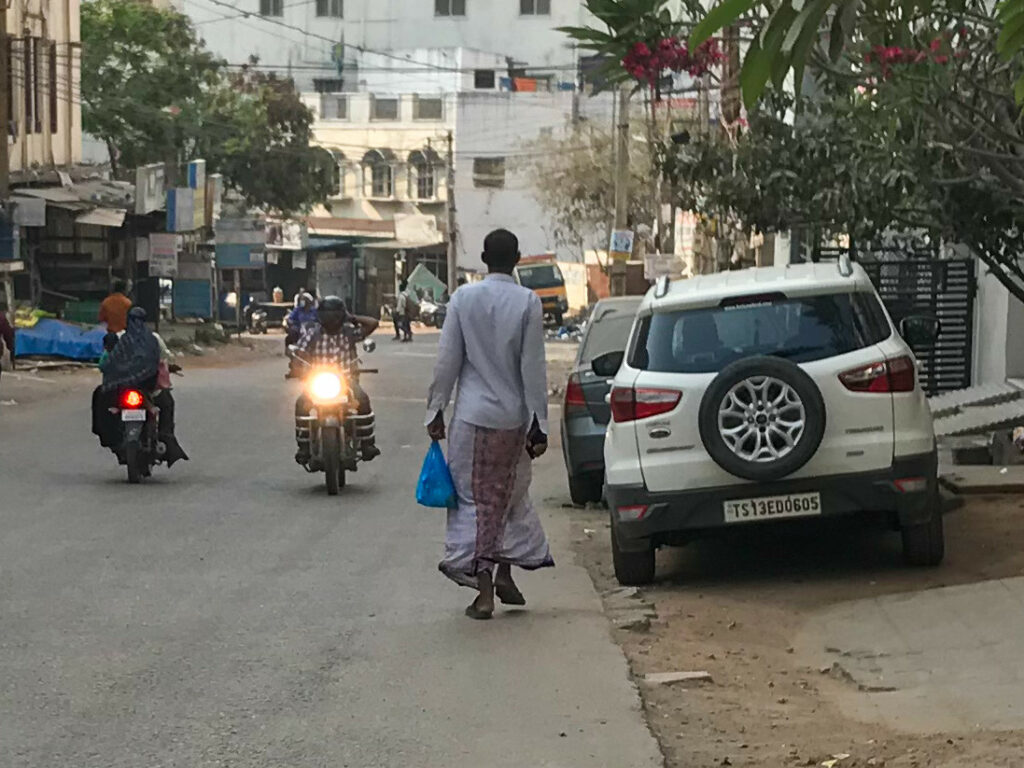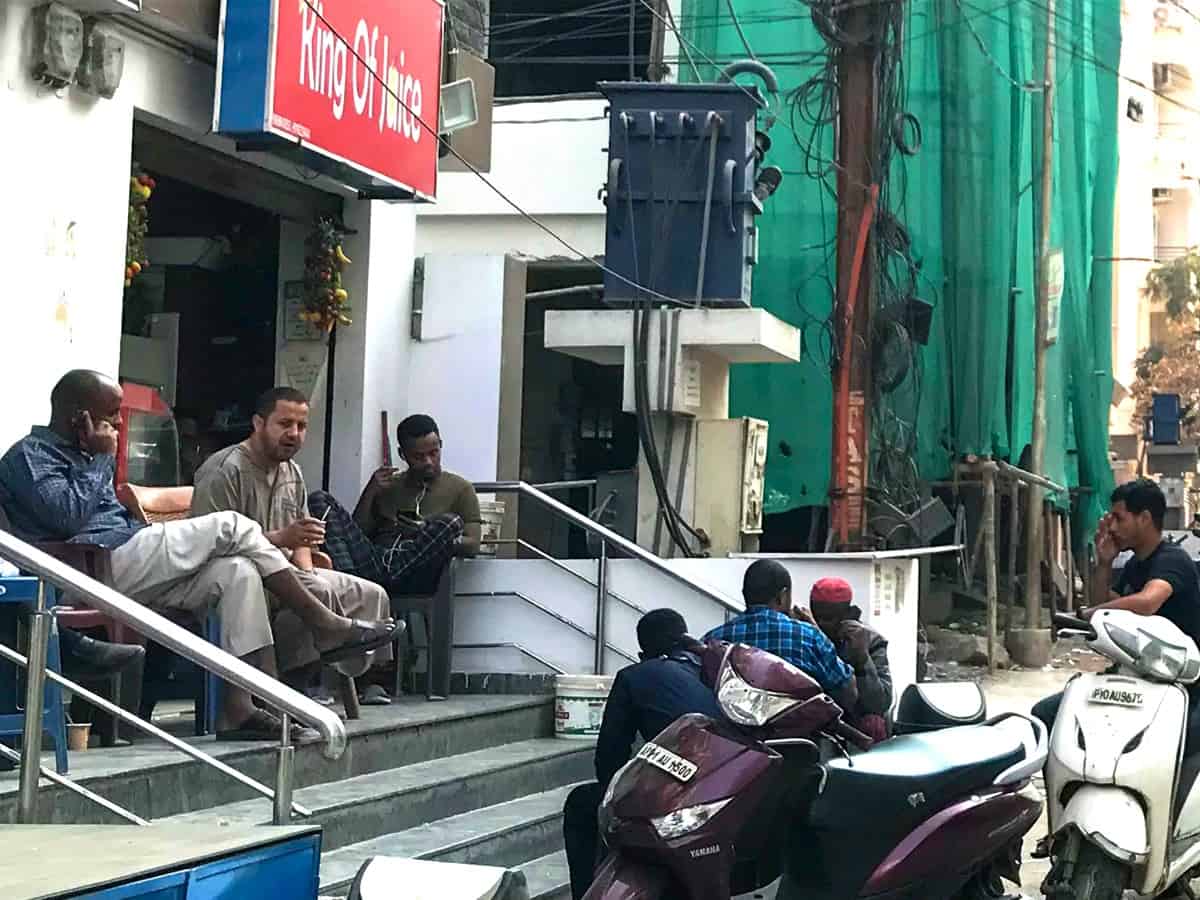By Usama Hazari
Hyderabad: Leaving one’s homeland is never easy, and for many, it is often something unimaginable. And for the sake of a better future, those from war-torn countries are often forced to flee to other safer havens. Somalia, one such nation affected by strife, has found such a connection in Hyderabad.
Due to racism, language barriers, high cost of living and expensive education in most developed countries, Hyderabad has in fact become the go-to option for many Somalis fleeing their homeland which had been affected by civil strife.
“Hyderabad doesn’t need an integration campaign, we live like brothers with our (local) friends. We go to school/college with them, work, pray and eat side by side with them as well,” says Aboody(name changed), a Somnalian student who is currently studying in the city.
For many like him, Tolichowki has become the home, and in fact houses Hyderabad’s largest immigrant population, along with other foreign students from various parts of Middle East, Africa and Central Asia.

One can visit any street in Paramount colony and discover a whole new world laced with Arabian and Somali-themed restaurants filled which are often filled with African and Middle-eastern immigrants relaxing on chairs. Many mostly spend their days here in leisure, when they are not busy, and can be found in their traditional clothing as well.
It is in fact a little similar to Barkas, which is essentially a Yemeni settlement from about 150 years ago in Hyderabad under the Asaf Jahi era or the Nizams (1724-1948).
This new world has often been referred to as “Mini Somalia” by many Hyderabadi meme pages on Instagram. In fact, local pages on social media have also created memes on Tolichowki’s Paramount colony, meant in good humour, due to the large presence of Somalians in the area.
“Most Somali people choose India because India is one of the best places for education in South Asia and Hyderabad specifically because it basically feels like home here with so many Somali and Muslims. The food here is also the best, with all types of cuisine from around the world at affordable prices and it’s also a family-friendly place” says Abdullahi, who’s from Mogadishu in Somalia.
He has been living in Hyderabad for two years, and is studying mass communication in the St.Mary’s college.
Mogadishu in fact dreams of staying here and building a film career in Bollywood. “Overall, the quality of life in Hyderabad is good and the locals here are understanding people. I personally have never faced any racism, but I’ve heard about a few minor incidents here and there from others which are still much better than the situation in most countries.” he opined, when asked if he has faced any racism in general.
Since most educated Somalis are fluent in English, they also have no problem communicating with locals in Hyderabad. Many of them in fact plan to stay here for long through legal recourse (jobs and careers), and eventually become part of Hyderabad. Second-generation immigrants who grow up in Hyderabadi schools are also fluent speakers of Dakhni Urdu (the spoken language of the city).
Even though most of them can’t handle spicy food, a good percentage of them however love Hyderabadi Biriyani. To make ends meet, some of them have also now begu to work in small-scale businesses and restaurants, while some others work in the IT sector.
Lockdown troubles
During the nationwide lockdown that was imposed last year due to the ongoing COVID-19 pandemic, it was also hard for many Somalian families to manage their households here. Immigrant students were able to get by with the money they received from their family members back home, but those who were living in Hyderabad with their families barely managed to sustain themselves.

“All the shops were closed and we could hardly manage with the savings. We had to survive with one or two meals per day and the local population stopped coming to our shops because of fear (of infection) . Our community supported us well or else God knows what could’ve happened,” recalled Ebrahim (name changed), another student rom Somalia studying in Hyderabad.
For someone who doesn’t live in Tolichowki, it might seem a little odd at first when to see so many foreigners living informally with locals. However, for people in Tolichowki, living with immigrants is as normal as anything else, given that many Hyderabadis living there (or at least a few members of the family) are non-resident Indians (NRIs) who returned to their motherland after working/studying in the gulf and other western countries.







